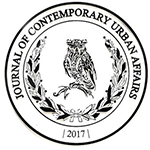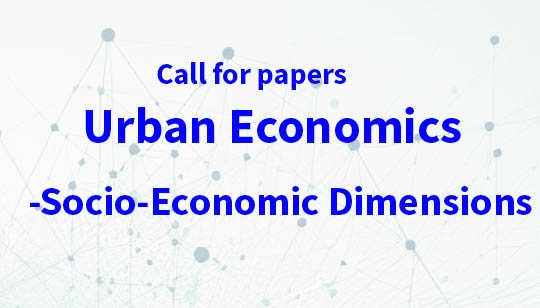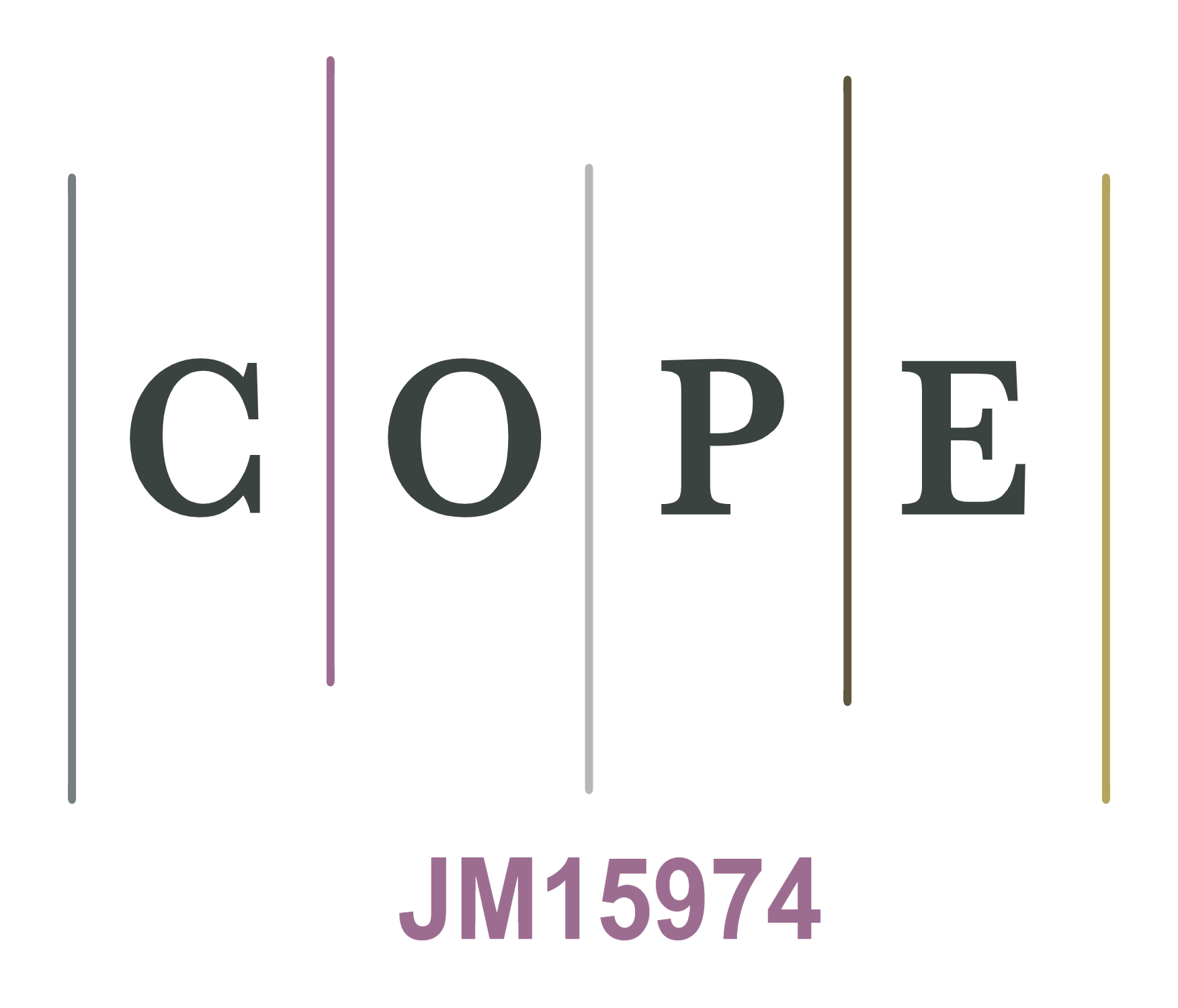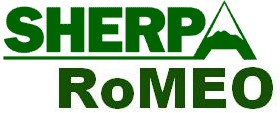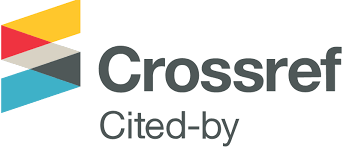Exploring the Contemporary Challenges of Urbanization and the Role of Sustainable Urban Development: A Study of Lagos City, Nigeria
DOI:
https://doi.org/10.25034/ijcua.2023.v7n1-12Keywords:
Economic Hub, Lagos City, Population Growth, Urbanization, Urban DevelopmentAbstract
As urbanization accelerates, sustainable approaches are necessary to counter the adverse environmental impacts. The study investigates the multifaceted challenges of Lagos City due to urbanization and evaluates the effectiveness of sustainable urban development in tackling these problems. It employed a mixed-methods approach to provide informed decisions for liveable urban environments. Census data, satellite imagery, interviews, surveys, and focus group discussions provided a comprehensive understanding of Lagos’s urbanization and its effects. Findings reveal pressing problems such as housing shortages, infrastructure strain, traffic congestion, waste management difficulties, and socio-economic disparities in Lagos City. Local authorities and NGOs have implemented sustainable urban development initiatives, including transport upgrades, green space promotion, waste management, and housing solutions. Such case studies have revealed various interventions, such as informal settlement transformation, renewable energy integration, and urban regeneration. However, persistent issues still exist due to the city’s urbanization. Therefore, Integrated urban planning, inclusivity in policy-making, and technological advances are essential for tackling these challenges. The findings contribute to the academic discourse by providing insights into Lagos City’s urbanization and practical implications for sustainable urban development. It also highlights the need for comprehensive strategies to build a prosperous, equitable, and eco-friendly city.
Downloads
References
Adedeji, I. (2023). Nigerian Urbanization and the Significance of Affordable Housing. Journal of Service Science and Management, 16(3), 351-368. https://doi.org/10.4236/jssm.2023.163020
Adedibu, A. A., & Okekunle, A. A. (1989). Issues in the Environmental Sanitation of Lagos Mainland, Nigeria. Environmentalist, 9(2), 91-100. https://doi.org/10.1007/BF02241882
Adekunle, A., Omange, M., Tope, A., & Caesar, S. (2021). Estimation of Noise Pollution Parameters and Their Health Effects on Building Occupants in Lagos State, Nigeria. International Journal of Advanced Academic Research, 7(1), 64-86. https://doi.org/10.46654/ij.24889849.e7129
Ademola, T. S. (1990). The Environmental Context of Urban Housing-Public Services and Infrastructural Facilities in Nigerian Urban Centres. In P. Onibokun (Ed.), Urban Housing in Nigeria (pp. 58-88). Niser.
Adepoju, A. (1995). Migration in Africa: An Overview. In J. Baker & A. T. Aina (Eds.), (pp. 88-108). Nordiska Afrikainstitute.
Akiwumi, P., & Onyekwena, C. (2022). Building socio-economic resilience in Nigeria by fostering productive capacities. United Nations Conference on Trade and Development.
Aliyu, A. A., & Amadu, L. (2017). Urbanization, Cities, and Health: The Challenges to Nigeria - A Review. Annals of African Medicine, 16(4), 149–158. https://doi.org/10.4103/aam.aam_1_17
Alo, B., Olayinka, K., Oyeyiola, A., Oluseyi, T., Alani, R., & Abayomi, A. (2014). Studies and Transactions on Pollution Assessment of the Lagos Lagoon System, Nigeria. In S. Diop, J.-P. Barusseau, & C. Descamps (Eds.), The Land/Ocean Interactions in the Coastal Zone of West and Central Africa (pp. 65-76). Springer International Publishing. https://doi.org/10.1007/978-3-319-06388-1_6
Asuquo Enoh, M., Ebere Njoku, R., & Chinenye Okeke, U. (2023). Modeling and Mapping the Spatial-Temporal Changes in Land Use and Land Cover in Lagos: A Dynamics for Building a Sustainable Urban City. Advances in Space Research, 72(3), 694-710. https://doi.org/10.1016/j.asr.2022.07.042
Auwalu, F. K., Yue, W., Abubakar, G. A., Hamed, R., & Noman Alabsi, A. A. (2021). Analyzing Urban Growth and Land Cover Change Scenario in Lagos, Nigeria using Multi-Temporal Remote Sensing Data and GIS to Mitigate Flooding. Geomatics, Natural Hazards and Risk, 12(1), 631-652. https://doi.org/10.1080/19475705.2021.1887940
Badmos, O. S., Rienow, A., Callo-Concha, D., Greve, K., & Jürgens, C. (2018). Urban Development in West Africa - Monitoring and Intensity Analysis of Slum Growth in Lagos: Linking Pattern and Process. Remote Sensing, 10(7), 1044. https://doi.org/10.3390/rs10071044
Bibri, S. E. (2021). Data-Driven Smart Sustainable Cities of the Future: An Evidence Synthesis Approach to a Comprehensive State-of-the-Art Literature Review. Sustainable Futures, 3(1), 1-23. https://doi.org/10.1016/j.sftr.2021.100047
Cohen, B. (2006). Urbanisation in Developing Countries: Current Trends, Future Projections, and Key Challenges for Sustainability. Technology in Society, 28(1-2), 63-80. https://doi.org/10.1016/j.techsoc.2005.10.005
Fang, C., Ma, H., Bao, C., Wang, Z., Li, G., Sun, S., & Fan, Y. (2022). Urban-Rural Human Settlements in China: Objective Evaluation and Subjective Well-Being. Humanities and Social Sciences Communications, 9(1), 1-14. https://doi.org/10.1057/s41599-022-01417-9
Gandy, M. (2006). Planning, Anti-Planning, and the Infrastructure Crisis Facing Metropolitan Lagos. In M. J. Murray & G. A. Myers (Eds.), Cities in Contemporary Africa (pp. 247-264). Palgrave Macmillan. https://doi.org/10.1057/9780230603349_12
Gbenga, J. (2023). FAAC: Lagos State Still Self Sufficient. Twentytendaily https://twentytendaily.com/faac-lagos-state-still-self-sufficient/
Güneralp, B., Lwasa, S., Masundire, H., Parnell, S., & Seto, K. C. (2017). Urbanization in Africa: challenges and opportunities for conservation. Environmental Research Letters, 13(1), 015002. https://doi.org/10.1088/1748-9326/aa94fe
Hoornweg, D., & Pope, K. (2016). Population Predictions for the Worlds Largest Cities in the 21st Century. Environment and Urbanization, 29(1), 195–216. https://doi.org/10.1177/0956247816663557
Ibem, E. (2011). Public-Private Partnership (PPP) in Housing Provision in Lagos Mega-city Region, Nigeria. International Journal of Housing Policy, 11(2), 133-154. https://doi.org/10.1080/14616718.2011.573204
Ibitayo, O. O. (2012). Towards Effective Urban Transportation System in Lagos, Nigeria: Commuters’ Opinions and Experiences. Transport Policy, 24(1), 141-147. https://doi.org/10.1016/j.tranpol.2012.07.009
Ifeoma, O., Mohd Yusof, M. J., & Hussain, N. (2023). Urban Slum and Housing Challenges in Lagos: A Look at The Socio-economic Lifestyle of The Slum Dwellers. International Journal of Academic Research in Economics and Management Sciences, 12(1), 107-125. https://doi.org/10.6007/IJAREMS/v12-i1/16034
Koko, A. F., Yue, W., Abubakar, G. A., Hamed, R., & Alabsi, A. A. N. (2020). Monitoring and Predicting Spatio-Temporal Land Use/Land Cover Changes in Zaria City, Nigeria, through an Integrated Cellular Automata and Markov Chain Model (CA-Markov). Sustainability, 12(24), 10452. https://doi.org/10.3390/su122410452
Kookana, R. S., Drechsel, P., Jamwal, P., & Vanderzalm, J. (2020). Urbanisation and Emerging Economies: Issues and Potential Solutions for Water and Food Security. Science of The Total Environment, 732(1), 1-14. https://doi.org/10.1016/j.scitotenv.2020.139057
Lawanson, T., & Agunbiade, M. (2018). Land Governance and Mega-City Projects in Lagos, Nigeria: The Case of Lekki Free Trade Zone. Area Development and Policy, 3(1), 114-131. https://doi.org/10.1080/23792949.2017.1399804
Merem, E., Twumasi, Y., Wesley, J., Isokpehi, P., Fageir, S., Crisler, M., Romorno, C., Hines, A., Ochai, G., Leggett, S., & Nwagboso, E. (2018). Analyzing Emerging Environmental Issues in Major Areas: The Case of Lagos in South West Nigeria. Architecture Research, 8(1), 19-38. https://doi.org/10.5923/j.arch.20180801.03
National Bureau of Statistics. (2019). 2018 Statistical Report on Women and Men in Nigeria. Federal Republic of Nigeria. Retrieved From https://nigerianstat.gov.ng/elibrary/read/1241312
Ndidi, N. F., & Nduka, O. V. (2014). Flood Risks Analysis in a Littoral African City: Using Geographic Information System. In D. Nielson (Ed.), Geographic Information Systems (GIS): Techniques, Applications, and Technologies (pp. 279-316). Nova Science Publishers.
O'Connor, A. (1998). The Urban Challenge in Africa: Growth and Management of its Large Cities. African Affairs, 97(389), 583-584. https://doi.org/10.1093/oxfordjournals.afraf.a007983
O'Neill, B. C., Ren, X., Jiang, L., & Dalton, M. (2012). The Effect of Urbanisation on Energy Use in India and China in the iPETS Model. Energy Economics, 34(3), 339-345. https://doi.org/10.1016/j.eneco.2012.04.004
Okebukola, P. O. (2001). Perspective on Waste and Waste Management. In P. O. Okebukola & B. B. Akpan (Eds.), Strategies for Teaching Waste Management. Stan Publishers.
Olajide, O. A., Agunbiade, M. E., & Bishi, H. B. (2018). The Realities of Lagos Urban Development Vision on Livelihoods of the Urban Poor. Journal of Urban Management, 7(1), 21-31. https://doi.org/10.1016/j.jum.2018.03.001
Olugbenga, E., & Adekemi, O. (2013). Challenges of Housing Delivery in Metropolitan Lagos. Research on Humanities and Social Science, 3(20), 1-8. Retrieved From https://core.ac.uk/download/pdf/234673721.pdf
Perrucci, D. V., Vazquez, B. A., & Aktas, C. B. (2016). Sustainable Temporary Housing: Global Trends and Outlook. Procedia Engineering, 145(1), 327-332. https://doi.org/10.1016/j.proeng.2016.04.082
Pickett, S. T. A., Cadenasso, M. L., Grove, J. M., Nilon, C. H., Pouyat, R. V., Zipperer, W. C., & Costanza, R. (2001). Urban Ecological Systems: Linking Terrestrial Ecological, Physical, and Socio-economic Components of Metropolitan Areas. Annual Review of Ecology and Systematics, 32(1), 127-157. https://doi.org/10.1146/annurev.ecolsys.32.081501.114012
Temi, O. J., & Champika, L. (2018). Urbanization and Meeting the Need for Affordable Housing in Nigeria. In A. Amjad & A. Asaad (Eds.), Housing (pp. 1-19). IntechOpen. https://doi.org/10.5772/intechopen.78576
Thomas, S. (2008). Urbanisation as a Driver Of Change. WIT Transactions on Ecology and the Environment, 117(10), 95-104. https://doi.org/10.2495/SC080101
Turok, I., & McGranahan, G. (2013). Urbanization and Economic Growth: The Arguments and Evidence for Africa and Asia. Environment and Urbanization, 25(2), 465-482. https://doi.org/10.1177/0956247813490908
UN-HABITAT. (2002). Expert Group Meeting on Urban Indicators Secure Tenure, Slums, and Global Sample of Cities. United Nations. Retrieved From https://www.citiesalliance.org/sites/default/files/expert-group-meeting-urban-indicators%5b1%5d.pdf
United Nations Department of Economic and Social Affairs. (2019). World Urbanization Prospects: The 2018 Revision. United Nations. Retrieved From https://www.un-ilibrary.org/content/books/9789210043144/read
Ventriglio, A., & Torales, J. (2021). Urbanization and Emerging Mental Health Issues. CNS Spectr, 26(1), 43-50. https://doi.org/10.1017/s1092852920001236
Wang, Z., & Lu, C. (2018). Urban Land Expansion and its Driving Factors of Mountain Cities in China during 1990–2015. Journal of Geographical Sciences, 28(8), 1152-1166. https://doi.org/10.1007/s11442-018-1547-0
Published
How to Cite
Issue
Section
License
Copyright (c) 2023 Dr. Auwalu Faisal Koko, Msc. Muhammed Bello

This work is licensed under a Creative Commons Attribution 4.0 International License.

